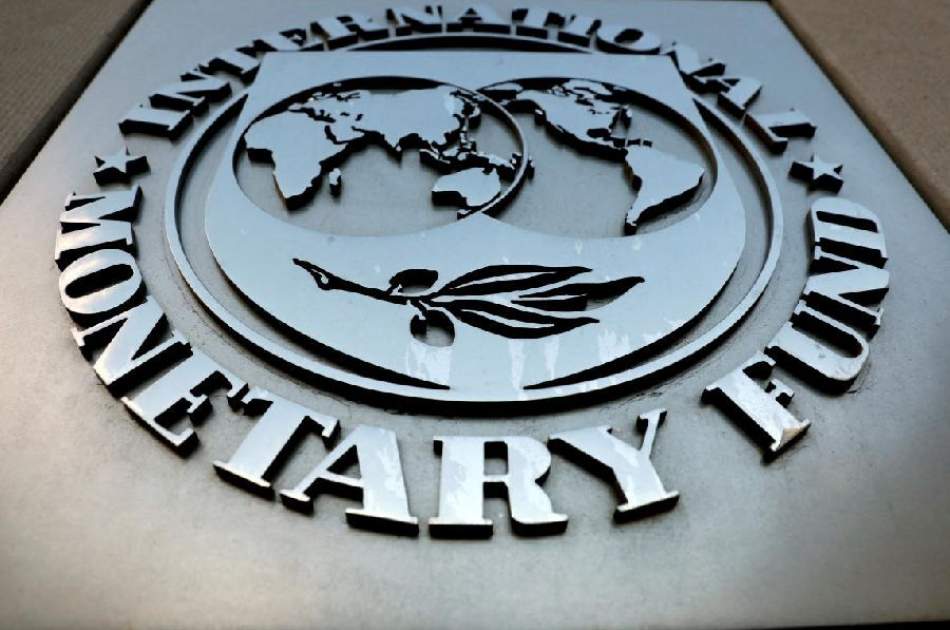Afghan Voice Agency (AVA): Julie Kozak, a spokeswoman for the International Monetary Fund, stated that the US economy has performed reasonably well in the past few years, but now there are signs of pressure on it. According to reports, domestic demand and job figures in the US are declining.
Kozak added that the country is moving towards reducing inflation to 2 percent, but fluctuations in the trade rate could affect the forecast figure.
Pierre-Olivier Gourinchas, the Fund’s economic advisor and director of research, previously described US trade conditions as “risky” and emphasized the possibility of negative disruptions in the supply of goods. He warned that continued trade uncertainty could dampen investment and economic activity, especially if demand for export goods fails to materialize.
Meanwhile, a U.S. federal appeals court in August 2025 ruled that many of the tariffs that Donald Trump imposed under the International Emergency Economic Powers Act were unconstitutional. The law was designed to counter foreign emergencies, and the court ruled that the broad use of tariffs was not permissible.
The Trump administration is also concerned about data from the Federal Bureau of Labor Statistics showing that the U.S. economy created 911,000 fewer jobs than initially expected in the 12 months to March. Trump has called the data inaccurate and has previously fired a Bureau of Labor Statistics official for “fraud” in reporting employment.
According to experts from the International Monetary Fund, the current situation and instability in tariffs and international trade could increase the risk of a recession and reduce investor confidence in the United States.
Studies show that the decline in employment rates and trade uncertainties, in addition to putting pressure on the US domestic market, have also affected the value of the dollar and the country’s stock indices.
Economic analysts warn that if appropriate reform policies are not adopted, the US economy may enter a partial recession or a slowdown in economic growth.
According to experts, the combination of declining domestic demand, trade uncertainties and tariff challenges has put the US economy in a vulnerable position. Observers say that the continuation of this trend could limit domestic and foreign investment and slow the country’s economic growth, especially if federal policymakers do not take action to control market fluctuations and boost employment.
